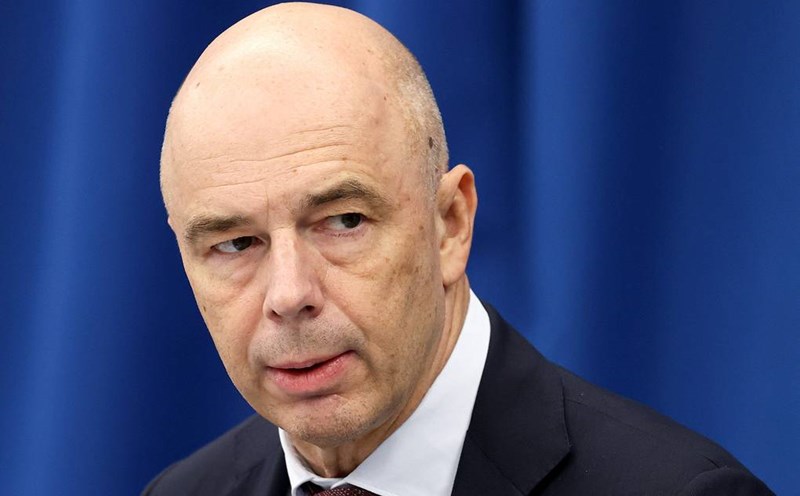According to German lawmakers (Bundestag), Germany's economic losses from the sabotage of the Nord Stream gas pipeline have exceeded 160 billion euros ($188 billion).
Experts warn that the suspension of cheap Russian gas supplies has exacerbated financial challenges, caused high prices and unemployment, and threatened Germany's social welfare. Meanwhile, Berlin continues to conceal information about the investigation into the Nord Stream explosion.
According to preliminary estimates, the volume of gas transported via Nord Stream in 2021 was about 59 billion cubic meters, causing Germany to spend an additional 50 billion euros per year to buy alternative gas, at the 2022 price.
In addition, the "lost" investments in pipeline infrastructure amount to 15 billion euros, not to mention the cost of overcoming the consequences of the explosion.
German sociable Steffen Kotre of the German Choice for Development ( AfD) stressed that Nord Stream was once the cheapest gas supply to the German economy. However, the current administration is likely to continue to follow the EU guidelines and not seek to restore Russian gas imports, causing the economy to suffer further losses.
Experts say that stopping energy imports from Russia is the beginning of the "de- industrialization" process and the crisis in Germany's key industries.
Mr. Alexander Kotov, European Director of the Russian Academy of Sciences, said: Enterprises in Germany are continuously closing. The number of bankruptcies in June and July has reached an average of the highest in 10 years. This crisis is an objective reality.
Meanwhile, the Russian Foreign Ministry confirmed that it is preparing to file a lawsuit with the International Court of Justice (ICJ). The scale of the lawsuit will depend on the outcome of negotiations with Europe - which are still at a standstill. Russian Foreign Ministry spokeswoman Maria Zakharova warned last September that Moscow would sue if the settlement process before the court failed.
The Nord Stream sabotage not only left a huge void in European energy security, but also deepened political and economic disagreements between the parties involved. With losses exceeding 160 billion euros and showing no signs of stopping, Germany is facing an unprecedented problem since World War II.












